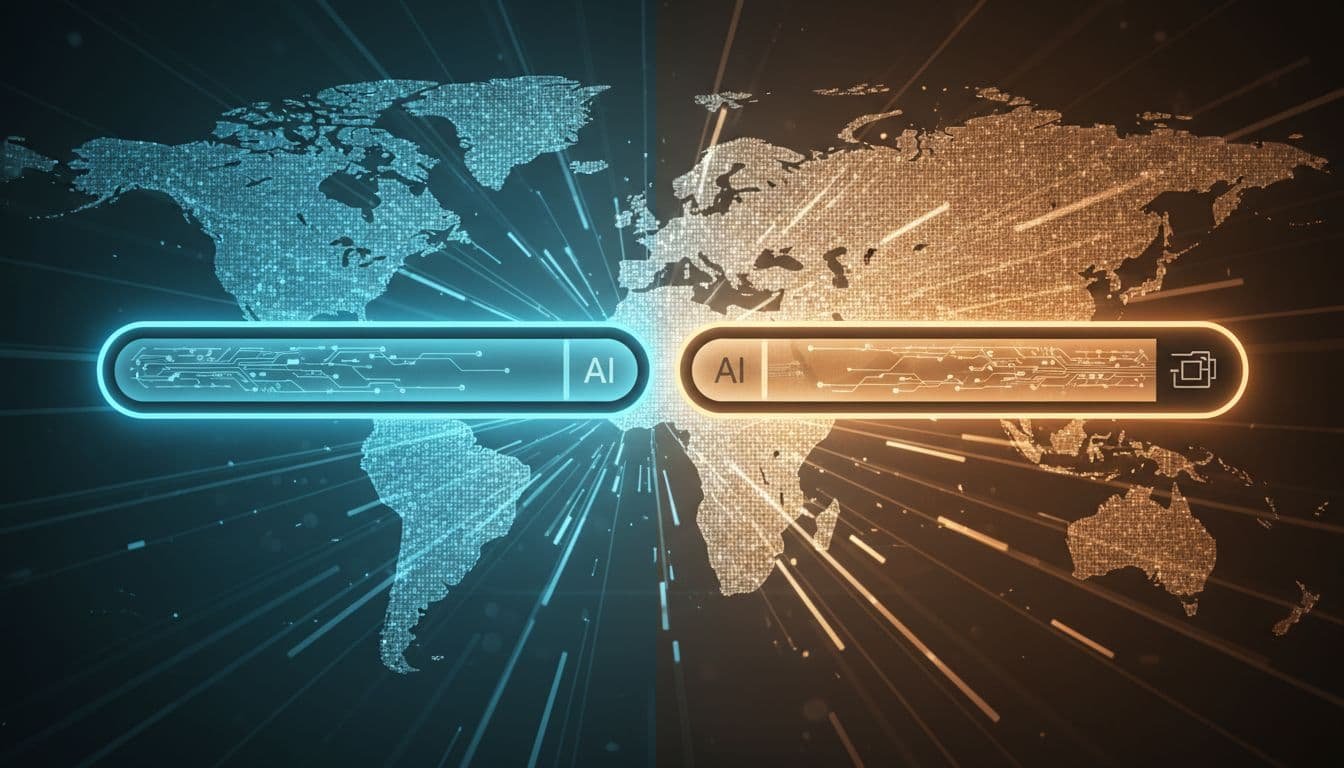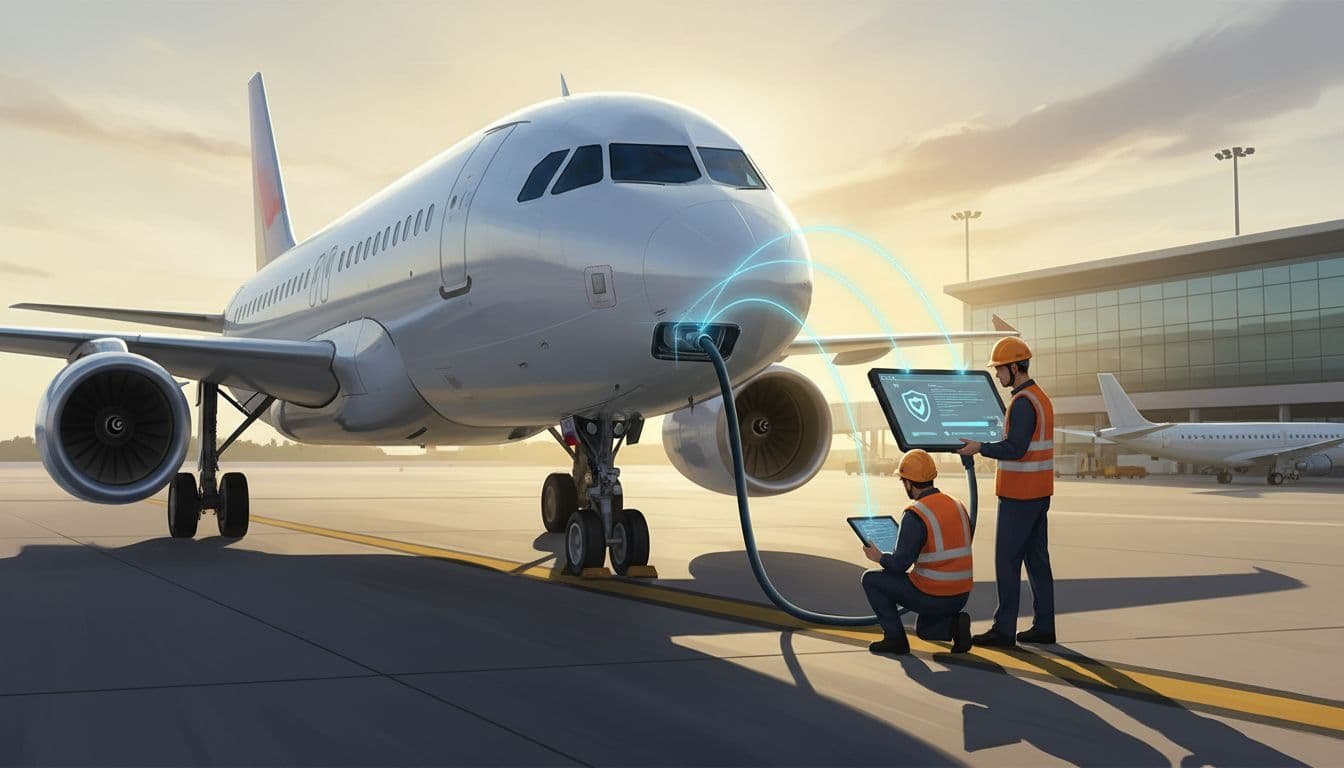What OpenAI Launched
OpenAI introduced ChatGPT Atlas, a desktop browser that puts the chatbot at center stage. It is built to summarize pages, answer questions in a sidebar, and run tasks using agent mode. You can highlight text, ask for an explanation, or have it plan and book things. The goal is simple. Make the browser feel like a super-assistant that understands your context and gets work done.
This takes direct aim at the old model of search. Instead of links first, Atlas puts answers, actions, and agents first. With hundreds of millions of weekly ChatGPT users, the launch tests whether people are ready to shift more of their browsing to AI help.
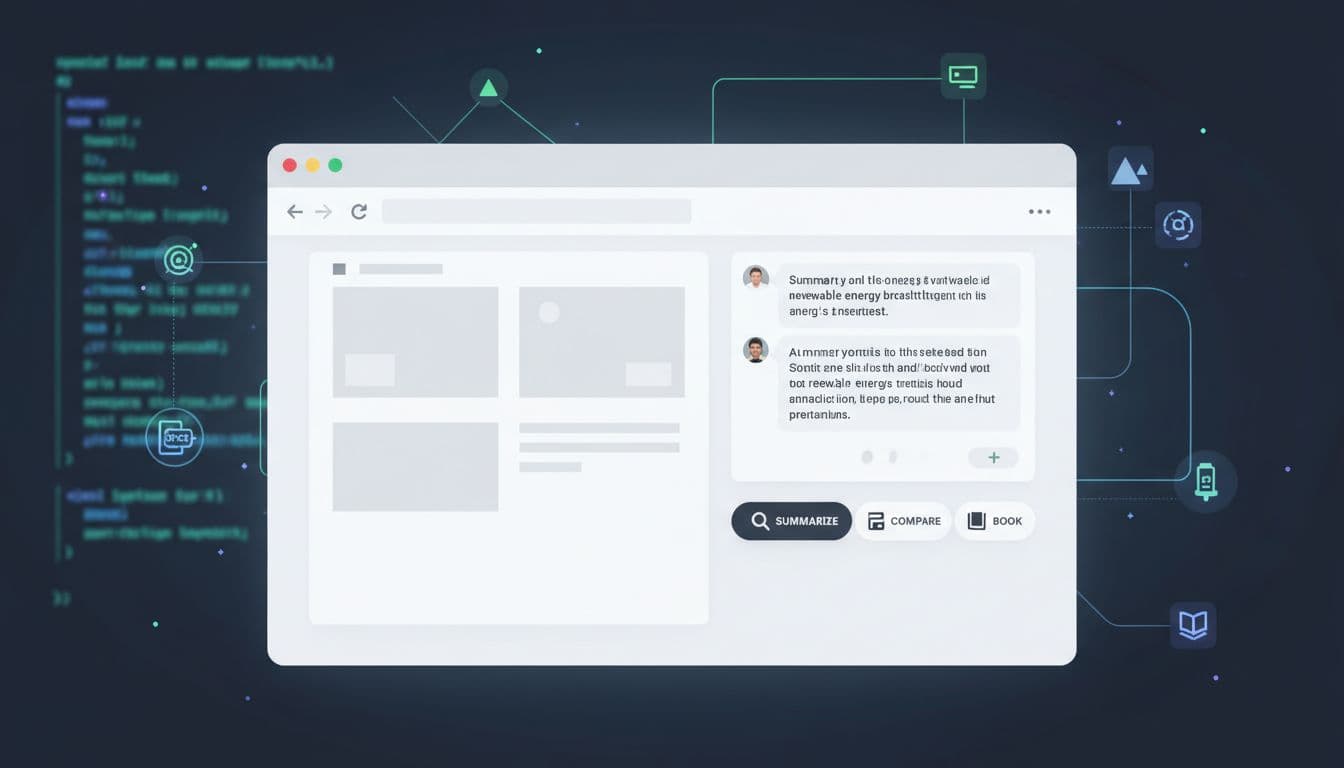
How It Differs From Google’s Path
Google has moved toward AI inside Chrome for years. AI overviews in results, page summaries with Gemini, and experiments with web agents. The difference is starting point. Chrome begins with search links and layers AI on top. Atlas begins with a chat bar and agents, then brings in the web when needed. Both paths meet in the middle. The question is which default wins.
Market share matters. Chrome still powers the large majority of browsing. But usage is shifting as people accept AI summaries and fewer clicks on blue links. If Atlas makes everyday tasks faster, it can carve a niche, then expand.
Agent Mode In The Real World
Agent mode is the swing factor. It handles multi-step tasks, like finding a bar near a subway stop, checking happy hour, and asking to book. That is the behavior shift. If agents can reliably plan, compare, and complete tasks, the habit loop moves from search to assistant-driven action. Reliability, privacy, and transparency will decide if users trust it.
Expect early use cases to focus on travel, dining, shopping, basic research, and personal admin. The winners will show clear time savings and fewer tabs.
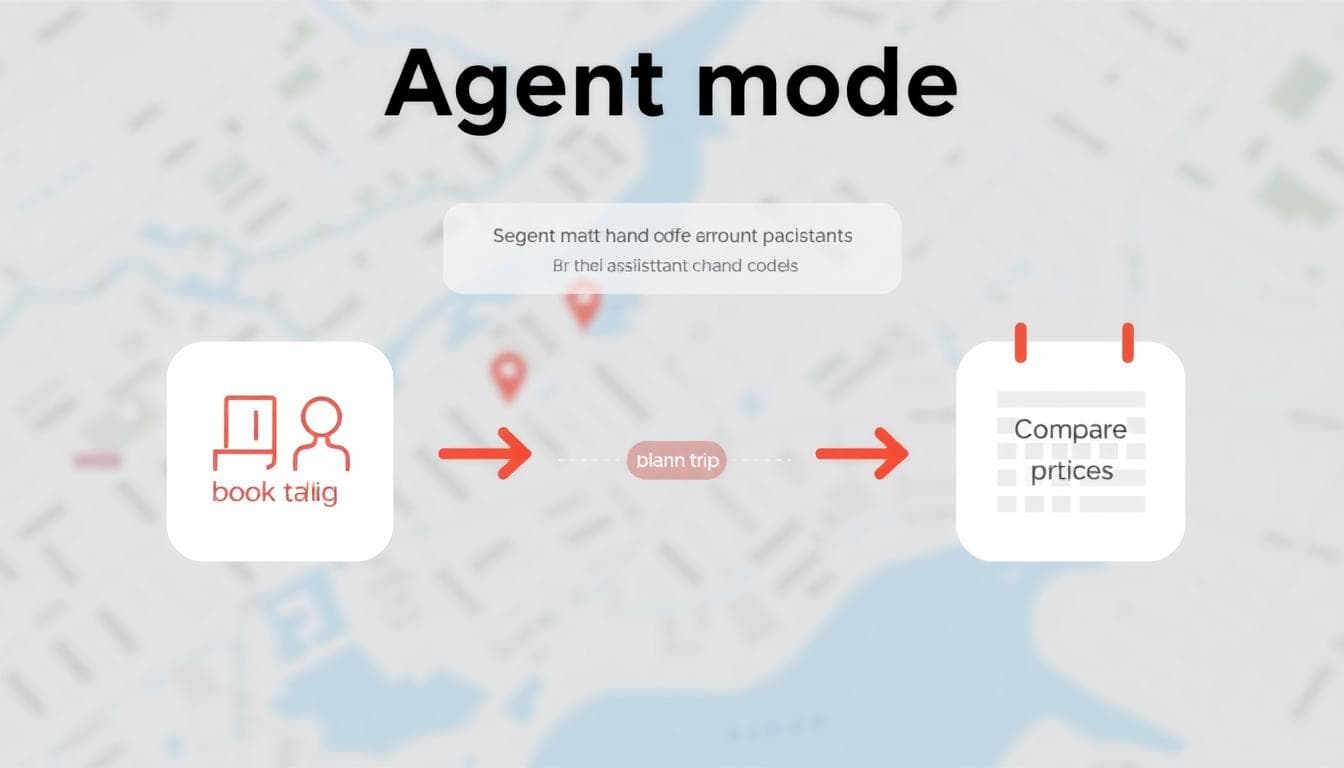
Why This Is A Big Deal
The browser is the internet’s gateway. Controlling it means shaping what people see and do. For two decades, Google dominated that space. Atlas puts OpenAI in direct competition at the front door. It also arrives as courts and regulators debate how to keep competition alive in search and AI. If users switch default behavior from queries to chat, the ripple effects will hit publishers, ads, affiliate models, and analytics.
Publishers may need to optimize for AI answers, rich citations, and structured data that agents can use. Ad teams will watch how attribution and conversions flow when actions happen inside the browser’s assistant rather than on a website.
What To Watch Next
- User adoption: daily active users, retention, and repeat task usage.
- Reliability: success rates for planning and booking end-to-end.
- Privacy controls: clarity around data use, storage, and opt-outs.
- Partner ecosystem: extensions, plugins, and integrations built for agents.
- Google’s response: new Chrome features or policy shifts to defend share.
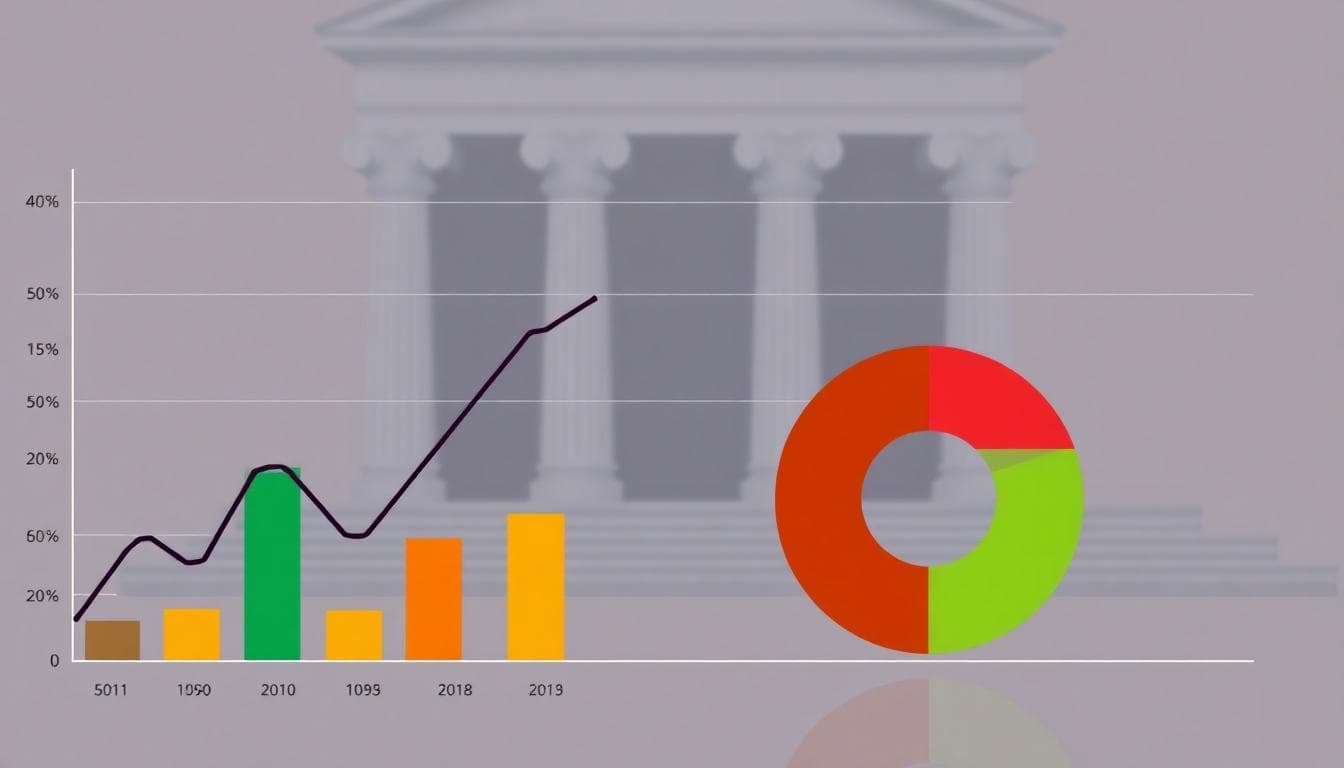
Tips For Creators And Brands
- Structure content: use clear headings, lists, tables, and schema so AI can parse and cite you.
- Answer intent: include concise summaries and FAQs that assistants can surface.
- Offer actions: add book, call, or reserve CTAs that agents can trigger.
- Measure new funnels: track traffic from assistant browsers and sidebar actions.
- Protect trust: post privacy policies and opt-outs; highlight data use clearly.
The goal is to be usable by agents and valuable to humans. Do both, and you will earn visibility no matter which front door wins.
ChatGPT Atlas pushes the browser toward an assistant-first future. Chrome pushes the web toward AI-enhanced search. Both paths point in the same direction. The race is about who sets the default. If Atlas proves it saves time and completes tasks reliably, it can shift habits fast. Either way, browsing will look more like chatting with a capable helper and less like juggling tabs.
To contact us click Here .
